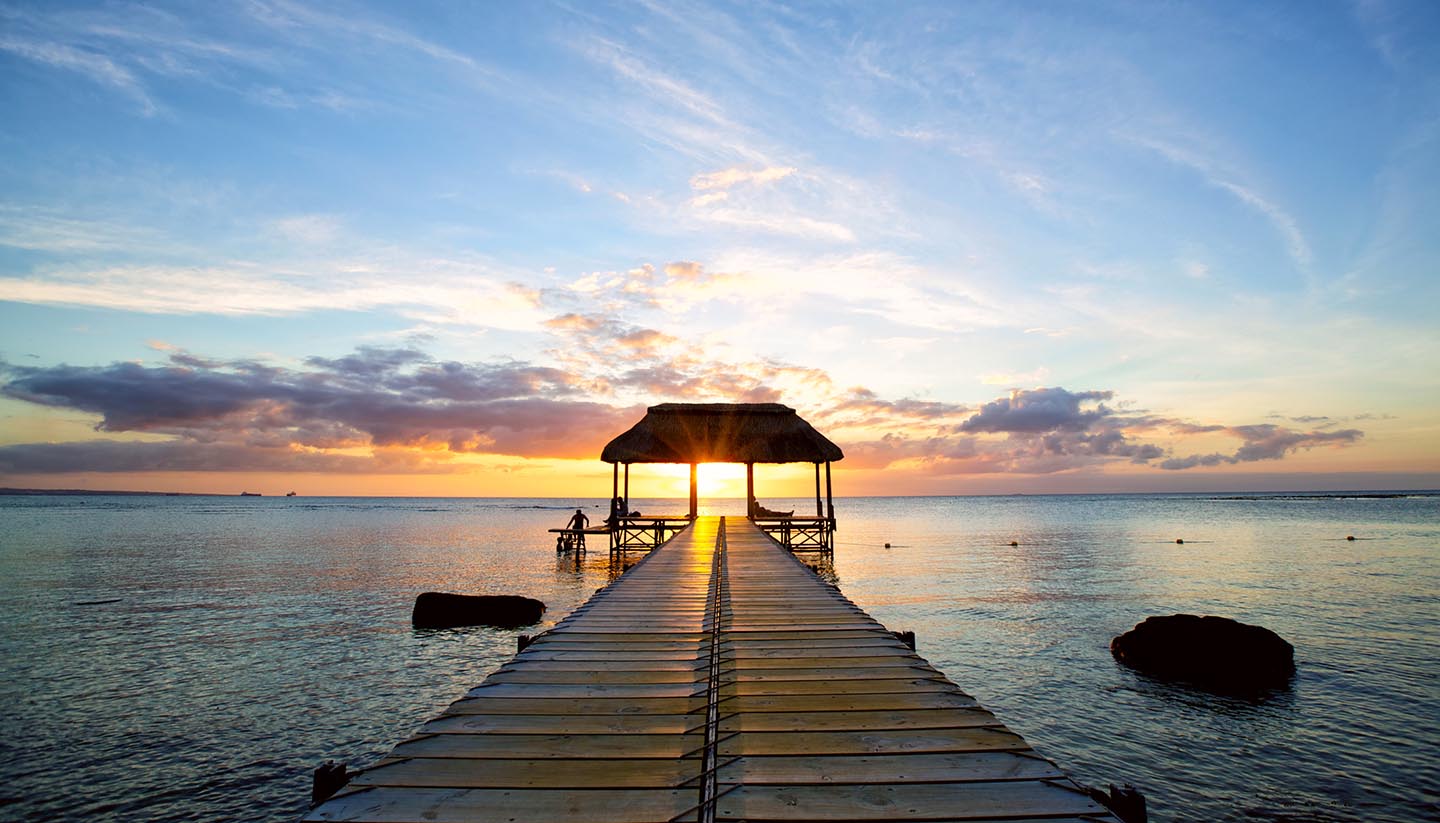Mauritius History, Language and Culture
History of Mauritius
Due to its sheer remoteness Mauritius was completely uninhabited until the 16th century, though it had been visited by Arab trading vessels during the Middle Ages.
Sailors from Portugal were the first modern Europeans to set foot on the island, setting up a trading centre around 1510. It was finally colonised by a small Dutch force sailing into Grand Port in 1638. They named the island after Prince Maurice of Nassau, a member of the Dutch royal family, and sought to take advantage of what natural resources were available, including ebony and sugar cane.
With the Dutch failing to make the colony a success, Mauritius was left uninhabited again in 1710, only to be re-colonised five years later by the French, who imported African slaves to work on the sugar plantations. Mauritius was captured by the British during the Napoleonic Wars (1803-1815), after Britain became tired of its commercial ships being attacked by vessels based there. It became part of the British Empire in 1814 while retaining many of its French influences including the language and law.
After the abolition of slavery in the 1830s, Indian labourers were brought to the island, and their descendants now comprise more than two-thirds of the population, further contributing to today’s impressive ethnic diversity.
Mauritius remained a British colony until 1957, when it was granted internal self-government with an electoral system based on the Westminster model. Queen Elizabeth II remained head of state. The first election based on the principles of adult universal suffrage was held in 1959, and won by the Labour Party. Despite being British for almost 150 years, French influence from the early 19th century continued to dominate the island’s culture.
Full independence was granted in 1968, when the independence movement, led by Sir Seewoosagur Ramgoolam, finally triumphed, though Queen Elizabeth II remained head of state until 1992 when a presidential republic was declared. Post-independence Mauritian politics have been dominated by the Ramgoolam family (Navin Ramgoolam, the prime minister since 1995 is the son of Sir Seewoosagur) and by the two principal figures of the Mauritian Left, Paul Bérenger and Sir Anerood Jugnauth.
Did you know?
• Boxer Bruno Julie gave the island its first Olympic medal at the Beijing Games in 2008.
• Because of its small size, Mauritius is the most densely populated country in Africa.
• Despite being extinct for 350 years, the Dodo is the island’s national bird.
Mauritius Culture
Religion in Mauritius
52% Hindu, 31% Christian (mainly Roman Catholic), 15% Muslim and 2% other.
Social Conventions in Mauritius
Handshaking is the customary form of greeting. Visitors should respect the traditions of their hosts, particularly when visiting a private house. The type of hospitality the visitor receives is determined by the religion and social customs of the host, which are closely related. It is appropriate to give a gift as a small token of appreciation if invited for a meal. Dress is normally informal although men will need to wear a suit for particularly formal occasions.
Language in Mauritius
The two official languages of Mauritius are English and French (with French being the most dominant). The most commonly used languages on the street are Creole (pidgin French with other languages added to the mix), Hindi and Bhojpuri. Urdu and Chinese are also spoken. All people speak either some English or some French.


